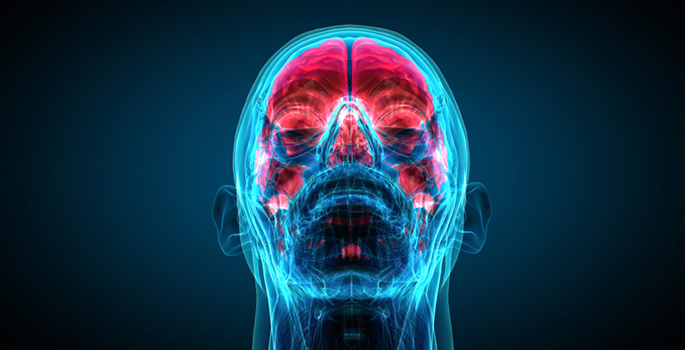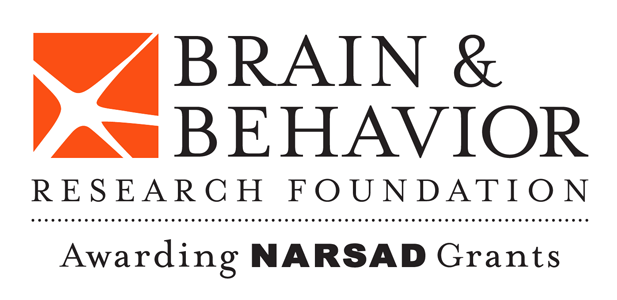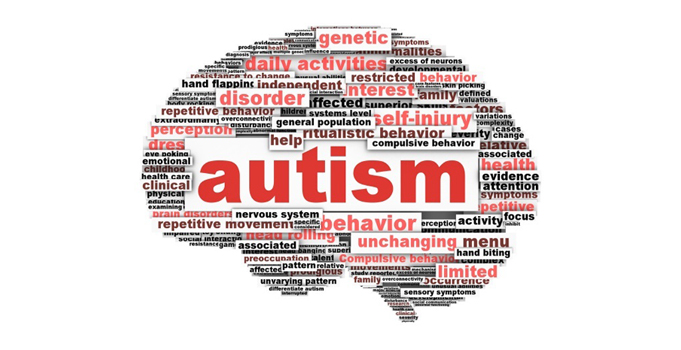NARSAD
-

Brain circuitry in psychosis
Functional magnetic resonance imaging has revealed faulty circuits between the thalamus – a central hub of brain activity – and other brain regions. Read MoreAug 21, 2015
-

Drug signaling networks
Vanderbilt investigators have developed a new algorithm to understand the networks of signaling molecules that control drug action. Read MoreJul 15, 2015
-

Brain mapping confirms patients with schizophrenia have impaired ability to imitate
A brain-mapping study of patients with schizophrenia has found that areas associated with the ability to imitate are impaired, providing new support for the theory that deficits in this basic cognitive skill may underlie the profound difficulty with social interactions that characterize the disorder. Read MoreMar 14, 2014
-

Brain research foundation lauds VU’s Winder, Park
Vanderbilt University’s Danny Winder, Ph.D., professor of Molecular Physiology and Biophysics, is among 15 scientists nationwide to receive NARSAD Distinguished Investigator Grants this fall for their “cutting-edge” research. Read MoreDec 5, 2013
-

Biomarkers may offer autism clues
A combination of biomarkers may reveal new clues about causes of and potential interventions for autism. Read MoreJul 31, 2012
-

Tool finds connections in genome data
A new analytical tool points to genes that act together to increase disease risk. Read MoreFeb 8, 2012
-

Why people with schizophrenia may have trouble reading social cues
Impairments in a brain area involved in social perception may help explain why individuals with schizophrenia have trouble reading social cues. Read MoreMay 24, 2011
-

Mental health research fund lauds VU scientists
Left to right: Karen Gregory, Elizabeth Hammock, Peilin Jia, John Panos Eight Vanderbilt University scientists have won 2010 Young Investigator Awards from NARSAD, the world’s leading mental health research charity. Each scientist will receive up to $60,000 over two years for innovative brain and behavioral studies of serious psychiatric disorders. Read MoreJan 31, 2011